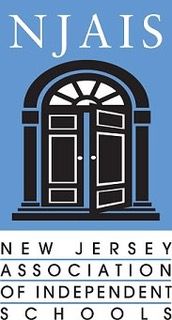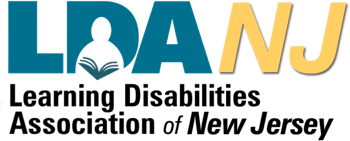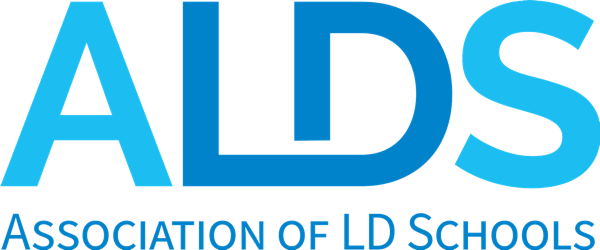Recently, I was reminded of a blog post from years past sharing lessons learned from the classic children’s story, The Little Engine That Could by Watty Piper, such as courage, strength, and a can-do attitude. The oft-recited words, “I think I can, I think I can…” to me, illustrate something even greater, self-efficacy. Self-efficacy is the belief in one’s ability to meet the challenges ahead and complete a task successfully. You may recall that as a result of an engine break down, a group of toys and dolls were left looking for a way to get up and over a mountain to reach the children on the other side. Many engines came and went, but alas, the Little Blue Engine, not as big nor as strong as other engines, came along and offered to help. At first, the Little Blue Engine wasn’t completely sure it would be able to do something that it had never done before. However, quickly this doubt changed and the Little Blue Engine started to think it really could climb the mountain. But it wasn’t only the Little Blue Engine’s belief in its ability that allowed it to get up and over the mountain to deliver the dolls and toys. The thought led to specific actions, “puff, puff, chug, chug;” actions that ultimately resulted in achieving the desired goal. Despite never making it up and over the mountain before, the Little Blue Engine began chanting, “I think I can,” until the task was accomplished. Through perseverance and resilience, the Little Blue Engine turned “I think I can” into “I thought I could.”
There is strong empirical support for the direct effects of self-efficacy and academic achievement. Just like The Little Blue Engine, students with learning disabilities may struggle with this construct. Many have experienced frustrations at school and for some these frustrations lead to the erroneous belief that they can not or will not find success in school. At The Craig School, I am continually awed by our faculty, who understand the strong, positive associations between efficacy, both individual and collective, and each student’s ability to achieve. This understanding is made evident daily in our classrooms as our teachers engage in instructional practices that foster self-efficacy among our students. While not exhaustive, these research-driven strategies include metacognitive awareness so that our students understand how they learn best, self-regulation, to enhance our students’ ability to set goals, make plans, and manage emotions to reach their desired outcome, and self-determination, so that our students learn how to make informed choices and manage their lives. A best practice in the field of special education is to equip students with the skills, attitudes, and opportunities to play an active, prominent role in their own learning. Fostering our students’ self-efficacy lays out a path to this end.
The Little Engine That Could presents an illustration of the belief in one’s ability to achieve. However, the story doesn’t end there. Look again at the toys and dolls in the broken engine. Together, they joined the Little Blue Engine in believing it could get over the mountain and deliver the toys to the children. This shared belief among the Little Blue Engine and the toys and dolls manifested into the action steps required to find success. At The Craig School, not only do we seek authentic opportunities to grow our students’ self-efficacy, we recognize that we must be active partners who also believe wholeheartedly in the ability of each and every one of our students to succeed and reach their full potential.
For more information on ways of giving or to make a donation online you can clicking here.





